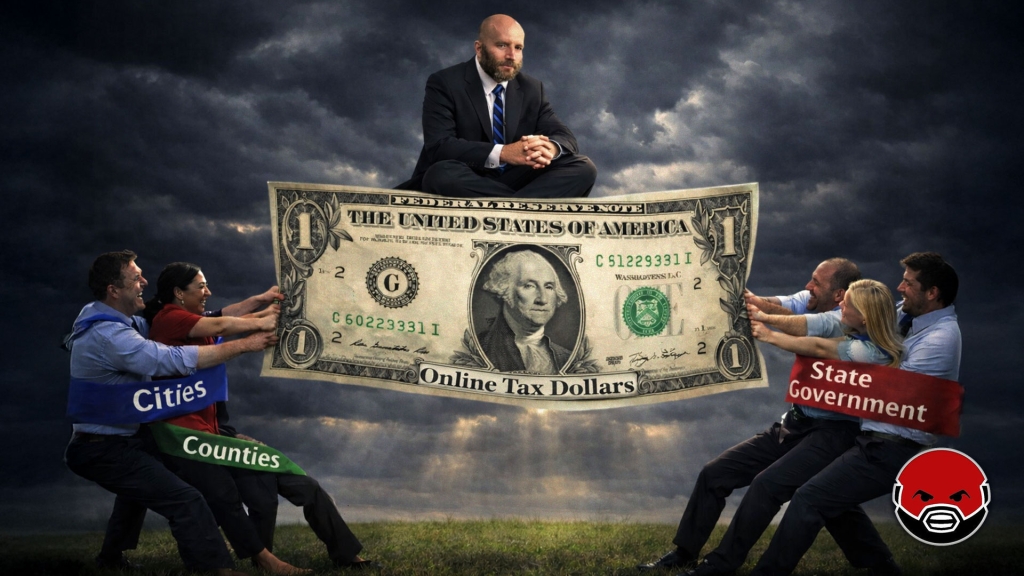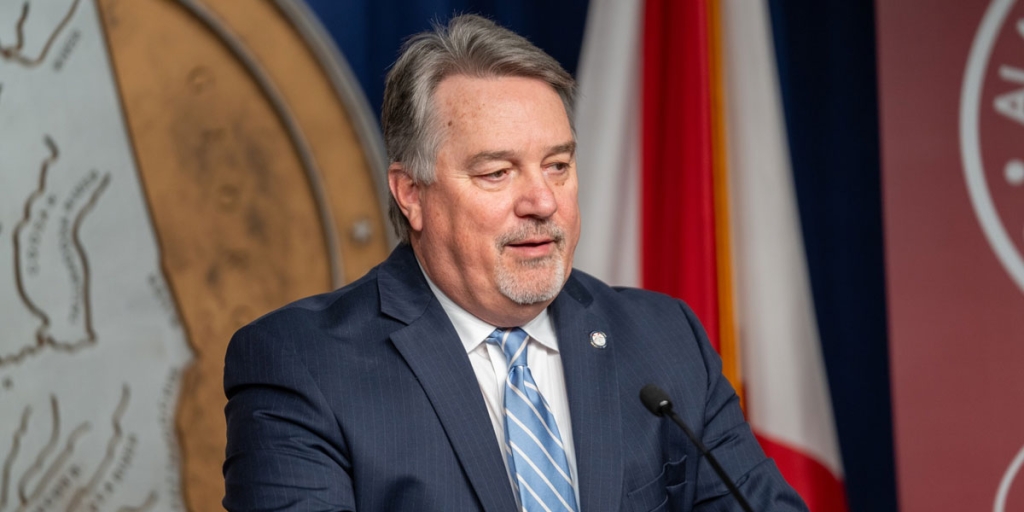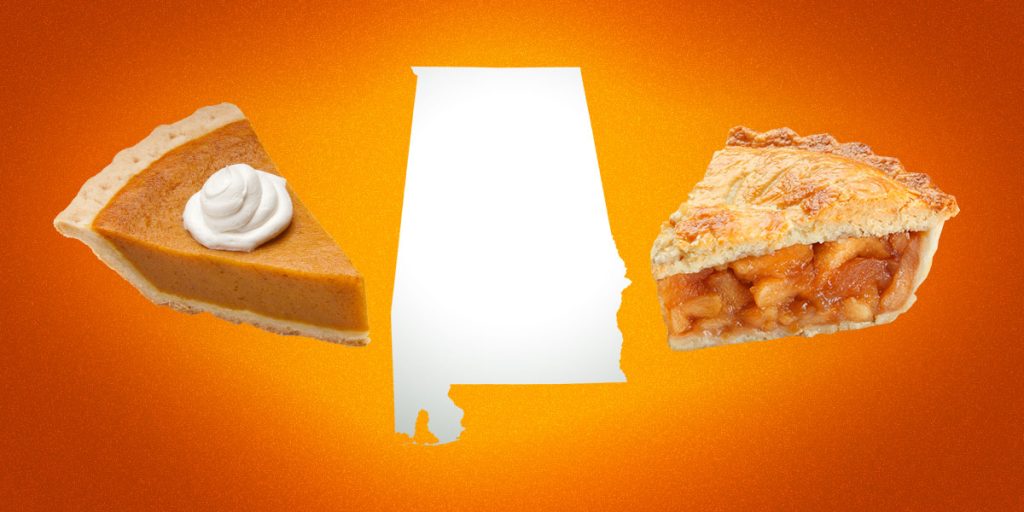7. Alabama Attorney General Steve Marshall successfully challenged federal regulations that he argued unfairly targeted the state’s farmers. Specifically, the legal action opposed policies from the Biden administration that allegedly increased operational costs for farmers through environmental and energy mandates. Marshall said the ruling protects Alabama farmers from burdensome regulations, helping them continue their vital contributions to the state’s economy.
6. Loser Vice President Kamala Harris gave the first speech to her supporters after the 2024 election, encouraging them not to give up despite the loss during a livestream aimed to thank her supporters, many apparently left feeling disheartened and frustrated. Harris’s brief speech lacked a clear call to action but noted her commitment to the causes central to her campaign, including women’s rights, democracy, and opportunities for all Americans. Supporters criticized the event as unproductive, with some questioning the purpose of the call and others calling for a recount or action against Donald Trump, which will continue for quite some time.
5. Some peace in the Middle East is seen with an Israel and Hezbollah ceasefire agreement brokered by the United States and France to halt ongoing hostilities. The deal is designed to isolate Hamas in Gaza while allowing for humanitarian assistance, addressing regional security concerns and, according to Israel Prime Minister Benjamin Netanyahu, it allows Israel to “focus on the Iranian threat,” give Israeli troops a breather, and increase pressure on Hamas. Despite the ceasefire, Israel has pledged to continue its operations to limit Hezbollah’s military capacity, even while agreeing to halt direct confrontations along the Lebanese border
4. Damien Laron McDaniel III, who has been charged with the mass shooting outside Birmingham’s Hush Lounge in September which left four dead and 17 injured, is now facing charges for a series of violent crimes in Birmingham, spanning multiple months. Authorities have connected him to five separate incidents, with charges including 11 murders and 29 injuries. McDaniel has been charged with killing four people in a Birmingham mass shooting in July and an additional man during an burglary August.
3. President-elect Donald Trump’s plans for the border are becoming more clear: he plans to use military resources for mass deportations, deactivate the “CBP One app,” utilize military aircraft, and deputize the National Guard to round up illegals immigrants. The media and their Democrats are raising legal questions about all of this but while the 1878 Posse Comitatus Act prohibits active-duty military involvement in domestic law enforcement, exceptions allow support roles for military personnel, particularly in border operations, such as building detention camps or transporting migrants. Legal experts suggest that while the plan is a significant breach of constitutional norms, it could likely proceed with minimal legal pushback, especially if the military’s role remains confined to support, with the potential to invoke the Insurrection Act in cases of resistance from state governors.
2. Alabama pro-life leaders are advocating for legislation to classify embryos created through in vitro fertilization (IVF) as children, following a state Supreme Court ruling granting embryos personhood. This has raised concerns among fertility clinics and patients about the potential legal risks of handling embryos, including during procedures where embryos might be unintentionally destroyed. The debate highlights tensions between supporting IVF as a pro-life technology and the legal implications of treating embryos as full persons
1. In response to Donald Trump’s tariff threats, China, Mexico, and Canada appear to be preparing for potential economic retaliation. China’s Ministry of Commerce has expressed its readiness to impose counter-tariffs on U.S. goods, particularly targeting American agricultural exports, while also warning that Trump’s trade policies could lead to significant global economic destabilization. Mexico, through its economic minister, has signaled that it would mirror U.S. tariffs, which could increase inflation, and disrupt trade relations, particularly in industries like agriculture and manufacturing, which heavily rely on cross-border trade. Meanwhile, Canada, facing the possibility of additional tariffs on its exports, is strategizing with provincial leaders to strengthen their position through international collaborations and trade diversifications, particularly with European and Asian markets, but Trudeau is calling for “unity.”
Listen here:
Dale Jackson is a thought leader for Yellowhammer News and hosts a talk show from 5-9 a.m. weekdays on WVNN and from 10-11 a.m. on Talk 99.5 and News Radio 1440, with a rebroadcast Talk Radio 103.9 FM/730AM WUMP from 3-4 p.m.













